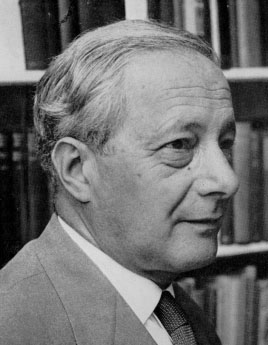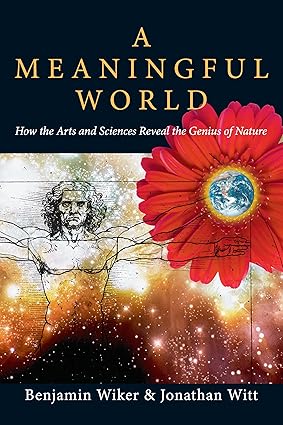The Genius of Nature
For since the creation of the world God’s invisible qualities—his eternal power and divine nature—have been clearly seen, being understood from what has been made, so that people are without excuse.
Romans 1:20 NIV
When Paul wrote that, not many would have disagreed. Living things were made from mysterious parts that miraculously worked together. Even when it wasn’t apparent what all the parts did, they all seemed to be there for a reason.

For most of history, common sense and intuition convinced people that living things were “fearfully and wonderfully made”, the product of wisdom and foresight, not chance, and clearly made for a purpose.
But today, that idea needs defenders. Evolution has been chipping away at our confidence in a Creator at least since the 18th century. Science only began to uncover the facts that contradict evolution about 60 years ago, and textbooks and popular culture haven’t caught up. Today, technology has given us undreamed-of abilities to study living cells and what animates them. And that turns out to be tiny molecular machines.

Philosopher Michael Polanyi once pondered this question: “If mankind disappeared from the earth, what would change?” He decided the biggest change would be that the production of machines would immediately end. No new machines would be made until intelligent beings returned. Machines are always the products of human activity. Nature can’t do it. But if machines are always products of intelligent activity, then who made the molecular machines we find in cells?
Thanks to the scientists who have brought an Intelligent Design perspective to their work, we have compelling answers to Michael Polanyi’s question today. The rest of this Nature study will include many of them.
Seeing God through what he’s created is a key ingredient for our faith. I think the solid assurance that you’re here on purpose, and not by accident may be the cornerstone. Just as Paul said, God’s eternal power and divine nature can be clearly seen from what he has made. That’s even more true today thanks to the ID perspective.
ID is a scientific pursuit, but with no fear of acknowledging the implications of scientific discoveries for the evolution vs design controversy. ID directs our attention to the necessity of a Creator with purpose and inventive foresight because accidents and chance can’t measure up to the task. The debate between evolution and faith can only be won using science, not the Bible alone. As you learn to look at nature through an ID lens your faith will be reinforced.

ID points beyond just the necessary existence of our creator to the genius of his creation. One book changed my perspective in this area profoundly: A Meaningful World, by Benjamin Wiker and Jonathan Witt.
After reading it I began to see the natural world as more than amazing and fascinating; it’s also a work of Genius. I’m going to try to bring that out in all the topics I write about in this Nature portion of my blog. I’ll be recommending books at the end of each topic coming up; if you only have time to read one, make it A Meaningful World.